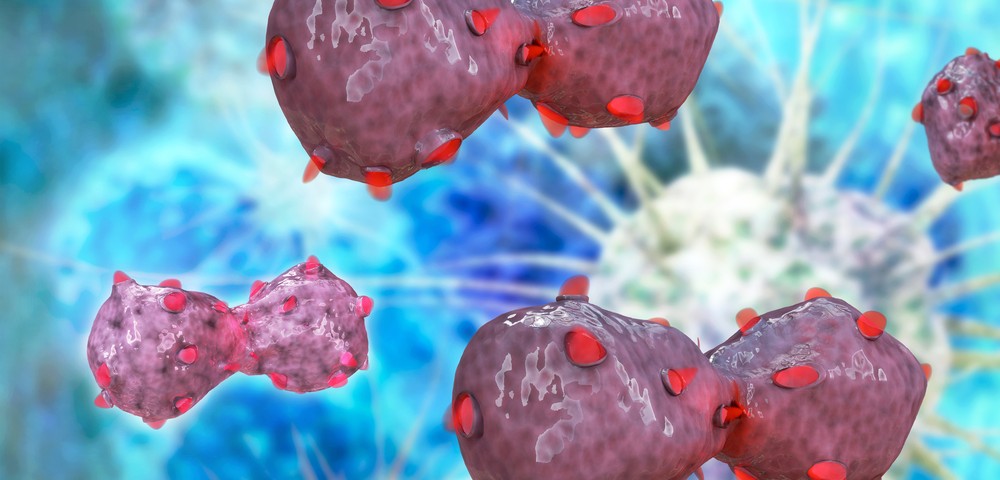Early data from a clinical trial of CAR T-cell therapy in patients with B-cell acute lymphoblastic leukemia (B-ALL) showed a remarkable response rate, providing hope to patients that new treatments might soon be available.
For cancer patients who have failed round after round of treatments ranging from conventional chemotherapy to clinical trials of new cancer drugs, hope is scarce. The trial, “CD19 CAR–T cells of defined CD4+:CD8+ composition in adult B cell ALL patients,” conducted at the Fred Hutchinson Cancer Research Center in Seattle, enrolled this specific patient population and employed a different method to produce the CAR T-cell than many of its forerunners. Instead of taking a collection of T-cells, which despite the collective T-label are composed of a variety of different cells, the research team selected particular subsets of so-called “helper” and “killer” T-cells in a 1-to-1 ratio for the development of CAR T-cells.
This produced a well-defined cell population that could be injected into patients, in contrast to the random mixture each patient received in other trials.
“You can’t work out how to go forward if you don’t have any correlations between what you put into the patient and what happens to the patient,” study leader Dr. Cameron Turtle said in a press release. “If there’s an element of random effect in the dose of the stuff you’re giving or other things you’re doing, it’s very hard to make improvements.”
This new approach paid off, as the study, published in the Journal of Clinical Investigation showed that 93 percent, or 27 of the 29 treated patients, went into complete remission with lower toxicity than previously described.
“In early-phase trials, you’re continually learning. You don’t expect results like these from early-phase trials. That’s why these response rates are so extraordinary,” said senior author Dr. David Maloney of the Fred Hutchinson center.
Maloney, along with Turtle, cautioned that long-term outcomes of the study are not yet known. “The results are really encouraging and really exciting — and, particularly, the short-term data is really exciting — but we need more time and more research to work out what the longer-term implications of this work are,” Turtle said.
Other patients enrolled in the trial had been through up to 11 rounds of chemotherapy, with 11 patients even going through unsuccessful bone marrow transplants.
“Patients who come onto the trial have really limited options for treatment. They have refractory, acute leukemia. So the fact that we’re getting so many into remission is giving these people a way forward,” Turtle said.
Often, CAR T-cell therapy is associated with severe adverse effects linked to the effects of the rampaging immune system. The research team, however, noted that the patients who had most cancer in their bone marrow experienced the worse side effects. The patient who developed the strongest adverse effects died during the study.
“Toxicity [from this therapy] can be severe. And we’re getting a handle on it, and we hope to make it safer, and indeed, I think we have made it safer,” Maloney said, referring to their changed approach. They avoided the highest dose of the cells and patients with the most severe cancer instead received the lowest doses of cells.
The study, which is still recruiting participants, is continuously improving the therapy. “This is just the beginning,” Turtle said. “It sounds fantastic to say that we get over 90 percent remissions, but there’s so much more work to do to make sure they’re durable remissions, to work out who’s going to benefit the most, and extend this work to other diseases.”


